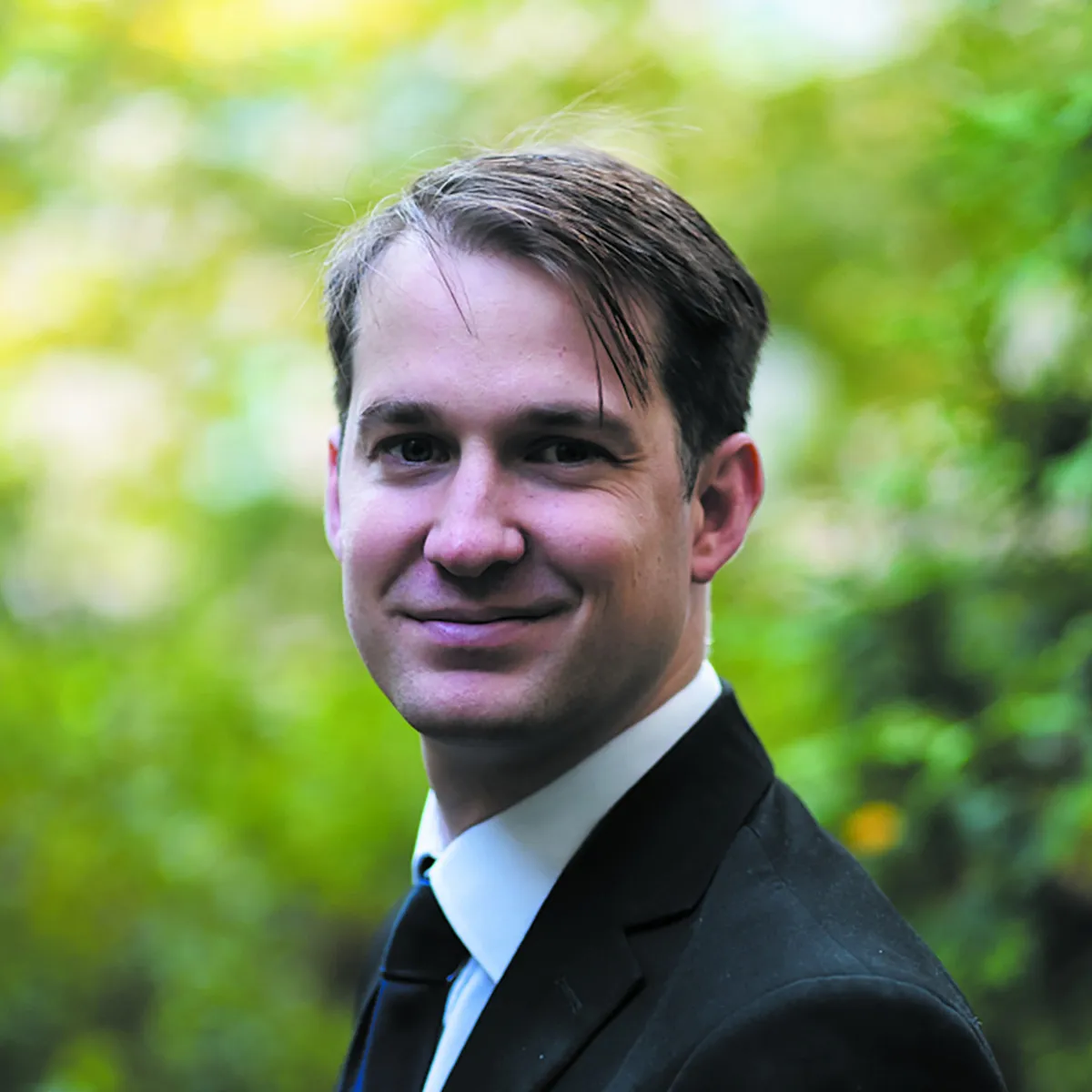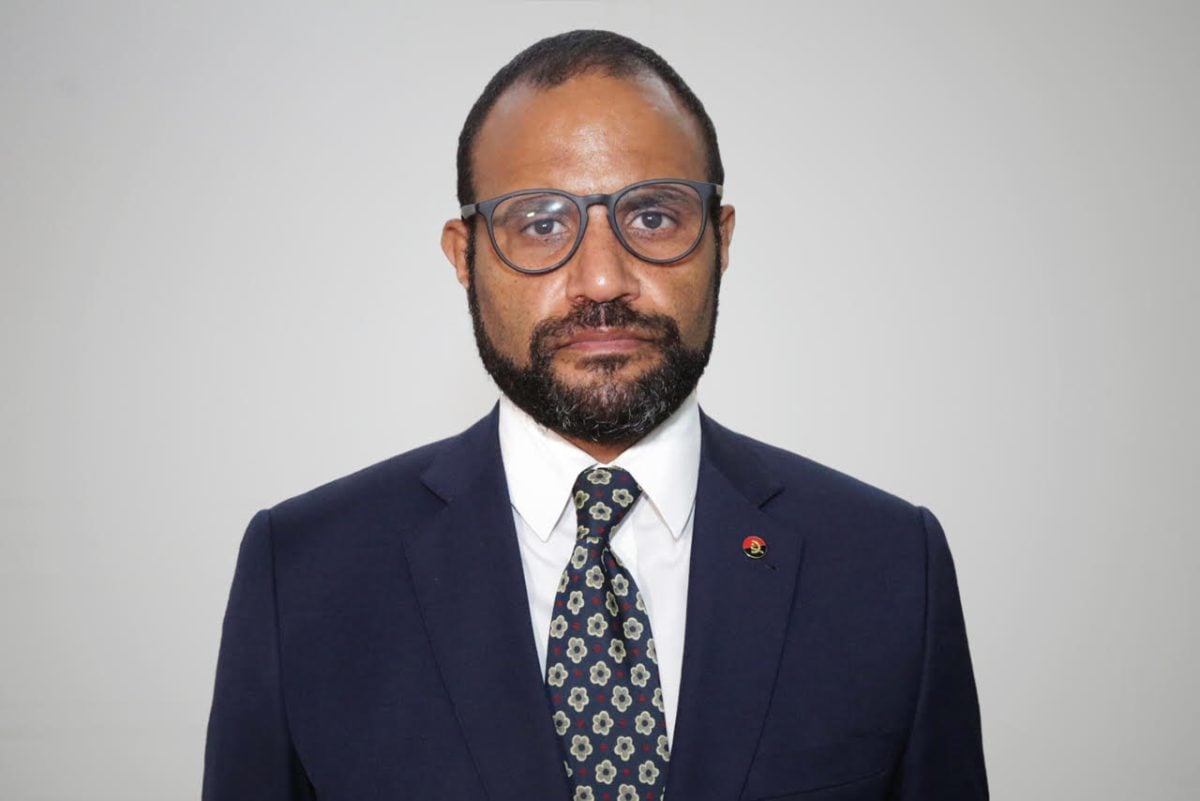A whirlwind of Washington DC hotel lobbies, conference halls and cocktail bars, the IMF and World Bank Spring Meetings are a regular highlight of the development calendar. This year, the meetings seemed to assume a particular significance.
With the world economy in the doldrums and renewed questions over the heavy debt burden facing emerging markets in the post-Covid-19 era, the meetings felt like a chance for policymakers to catch their breath and plot a way forward.
For Mário Augusto Caetano João, Angola’s minister of economy and planning, the trip was certainly that – but also a chance to seal Angola’s maturing ties with multilateral lenders.
Speaking to African Business during a busy round of engagements in DC, where he previously worked for three years as a World Bank advisor, João says that Angola’s shift from a state-planned economy under the presidency of João Lourenço has brought the country into much closer cooperation with the multilaterals.
“It’s true that in the last five or six years our approach with those institutions was more from the side of trying to correct macroeconomic imbalances in Angola, so we didn’t have much time to explore any kind of products or instruments besides macroeconomic assistance. But right now we’re in a very different position. In 2021 we grew 1.1%; in 2022, we expect to grow 3.1% – so we’re in a better position to start exploring the instruments and products available.
“We were a centrally planned economy and we’re now making sure that the private sector is at the centre of the economy. It’s a dramatic change, but we are ready for that.”
Such talk of unleashing private enterprise is music to the ears of the Bretton Woods institutions, whose pro-market policy prescriptions have not always found favour on the continent. In a February review, the IMF’s executive board commended Angola’s “sound policies and commitment to reforms,” and urged continued diversification of the oil-dominated economy and reform to the expensive fuel subsidy programme.
Moving away from oil
For João, the advice chimes with Angola’s plan to re-orient its economy towards non-oil exports. Under the nearly forty years of the presidency of Jose Eduardo dos Santos, Lourenço’s predecessor, non-extractive exports came to play a vanishingly small part in an elite-dominated economy that grew fat and indolent on the proceeds of oil. That elite dominance is thrown into stark relief by the country’s placing on the UN Human Development Index – in the 2021-22 edition it ranks 148 out of 191. A 2023 World Bank report – based on the most recent information available, for 2018 – says that 53% of the population lives on less than $2.15 a day and more than a quarter of households have school-aged children not enrolled in school.
In September Angola surpassed Nigeria as Africa’s largest exporter of oil when it shipped 1.17m barrels a day on average. So is the country really ready to boost non-oil exports?
“We were built to be an export-led economy… our ports and logistics centres were all built for exports. We had to adjust during 40 years to be import-dependent and we are changing it again, due to a strong leadership. It all got much quicker when Covid came… because 95% of what we consumed came from abroad.”
The centrepiece is a bid to revive the long-neglected agribusiness sector, principally by backing growers of rice, wheat, soybeans and corn. “Agribusiness is the leader in the diversification of our economy, growing an average of 5% in the past 3 years, which is enormous. Angola was always labelled an oil-dependent economy. We remain dependent when it comes to revenues – but when it comes to GDP and goods being produced, non-extractive goods… have gone from around 57% in 2011 to 75% today, ten years later.
“Ten years ago the extractive sector represented almost 85% to 90% of our revenues. Now it’s around 65% to 66%, and we expect by 2027 to have its contribution in the overall revenues around 50%.”
Tougher choices ahead
But while growing the moribund agricultural sector might be seen as a relatively easy win, the multilateral institutions are awaiting politically difficult reforms – particularly the phasing out of expensive fuel subsidies.
In January, Fitch Solutions highlighted the phase-out as the country’s main political risk in 2023, given the likelihood of protests at increased pump prices. “We did three rounds of the fuel subsidies reform [since 2014], but at the end of day with the [Covid-19] crisis we couldn’t freeze the price of gasoline and diesel and other fuel products, so we kept a fixed price. That means that today we continue this reform, and we’d really like to come to a great break-even point between the need to find a market price of the fuel and of course rationalise the use of these proceeds.
“Any adjustments we start doing will have a social impact, but of course we need to do this because right now if you are subsidising fuel you can imagine that mostly rich people are taking advantage of it, because in rural areas sometimes they don’t have cars and generators.”
Also being closely monitored is the ongoing privatisation programme – an ambitious bid to offload around 200 state assets. “Even with Covid we managed to speed up the privatisation programme, called PROPIV. We had almost 200 assets to be privatised.
“We privatised more than half, not at the price we wanted, because we had to deal at the time with market issues. All assets in the possession of the government were deteriorating in such a manner that we had to make quick decisions. And we were able to privatise assets to the value of more than $3bn.”
How else might government revenues boost revenues? A key focus will be boosting an informal economy that accounts for around 80% of the labour force. “You can imagine the amount of revenues we’re losing and that are ready for us to expand while expanding our tax base. We are reviewing all possible policies to make sure that economic operators in the informal economy have the appetite to formalise their businesses.”
Debt debate
Expanding the tax net is not a luxury. The global focus on debt at the Spring Meetings means that getting Angola’s fiscal house in order is an urgent priority.
While the oil price has stabilised Angola’s finances – a barrel of Brent crude was worth almost $82 at time of going to press – Angola’s historic debts led the IMF to list “debt vulnerabilities” as a significant challenge facing the government.
“Right now we’re in a [debt-to-GDP] ratio of 66% – our goal is to be below 60% and what is really helping the ratio is GDP… Angola is looking for financing from external markets but we are looking more to concessional financing and minimising all FX-indexed domestic issuances,” he says.
In March, it was revealed that Angola is one of 22 debtor countries that have received $240bn in Chinese rescue lending since 2000, more than $185bn of which was extended between 2016 and 2021. But despite the rancour between Western multilaterals and China – outgoing World Bank chief David Malpass has accused China of delaying debt support to African countries – the minister says that China has proved helpful.
“With China we are working very well: our debt to China is around $20bn. It has been much higher, but we are speeding up as much as we can. During Covid time all parties around the world were a bit tense regarding debt repayment, but of course with Chinese creditors we found a way, we had a very good negotiation and results that allowed us to extend the maturity profiles in some cases. So we are happy and don’t see any constraints with debt repayment towards China.”
But enjoying close relations with China won’t prevent Angola from courting more support from its western partners. Indeed, ahead of our interview, João finalised a meeting with the International Finance Corporation, the private sector arm of the World Bank. As he heads to his next engagement, João concludes that it’s been a week well spent.
“The mood with the IMF is very good. We are now moving towards the World Bank because we want development, and to consolidate our knowledge in different areas, not only in the productive sector but also in infrastructure, so we can really boost our economy.”
Want to continue reading? Subscribe today.
You've read all your free articles for this month! Subscribe now to enjoy full access to our content.
Digital Monthly
£8.00 / month
Receive full unlimited access to our articles, opinions, podcasts and more.
Digital Yearly
£70.00 / year
Our best value offer - save £26 and gain access to all of our digital content for an entire year!

 Sign in with Google
Sign in with Google 



